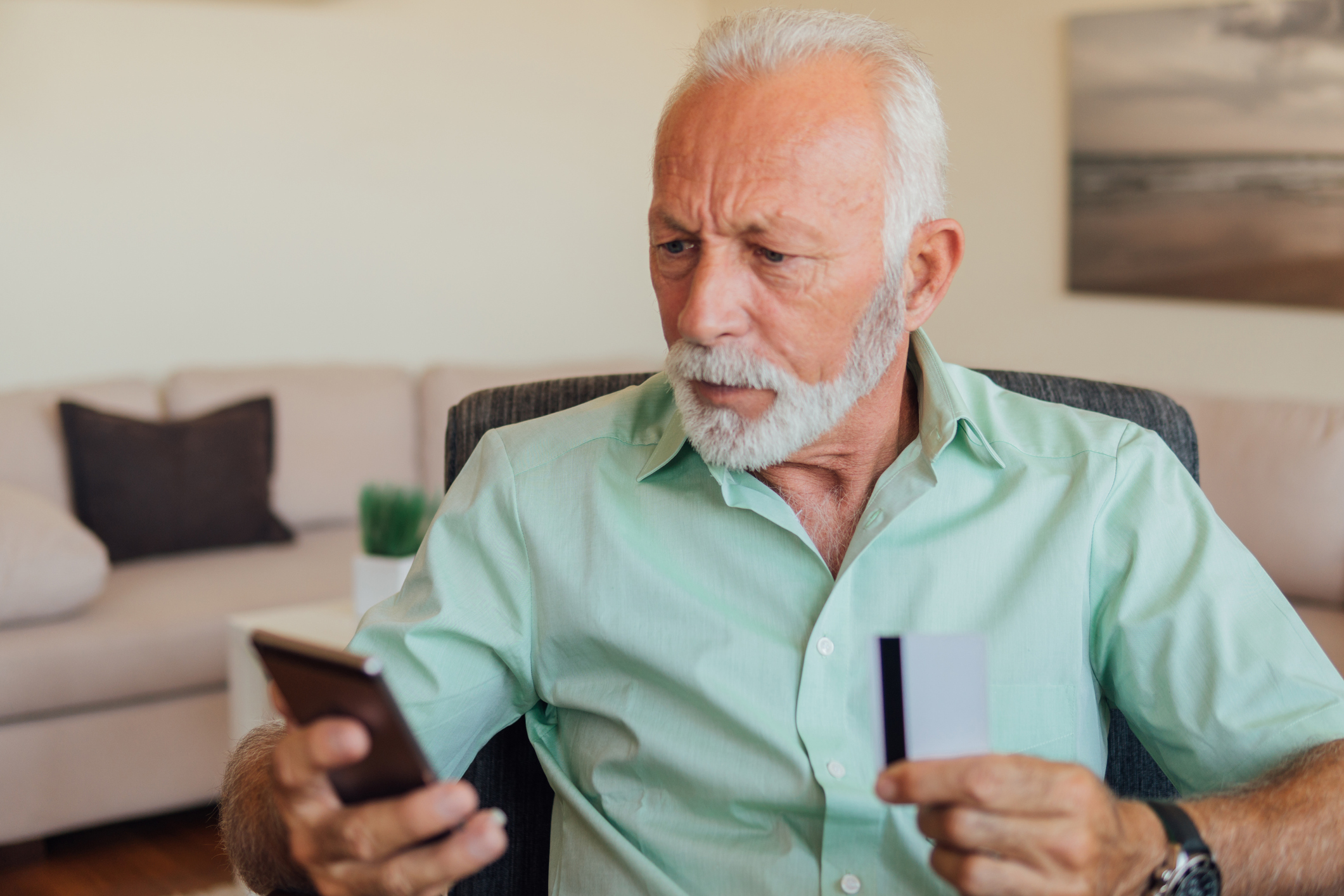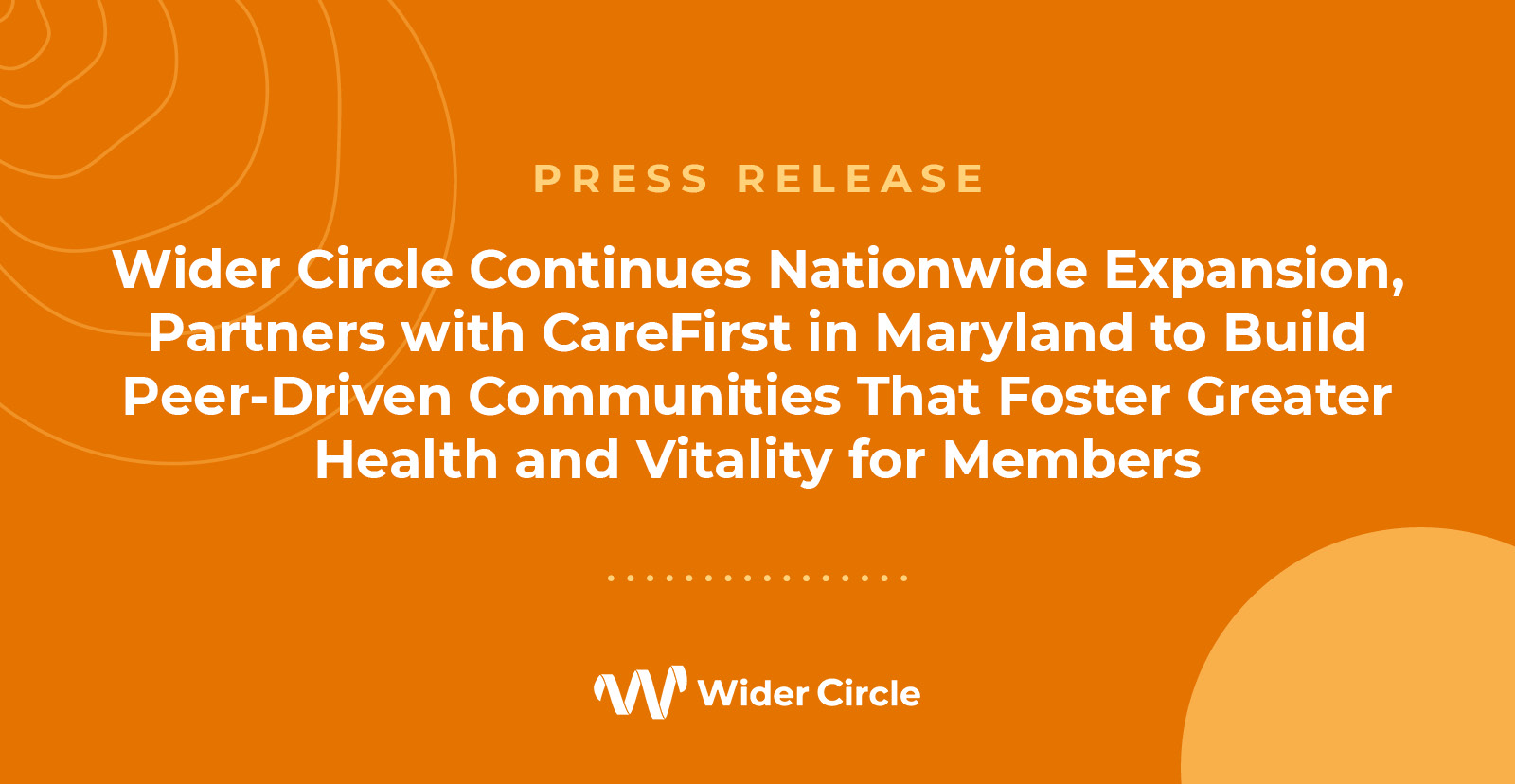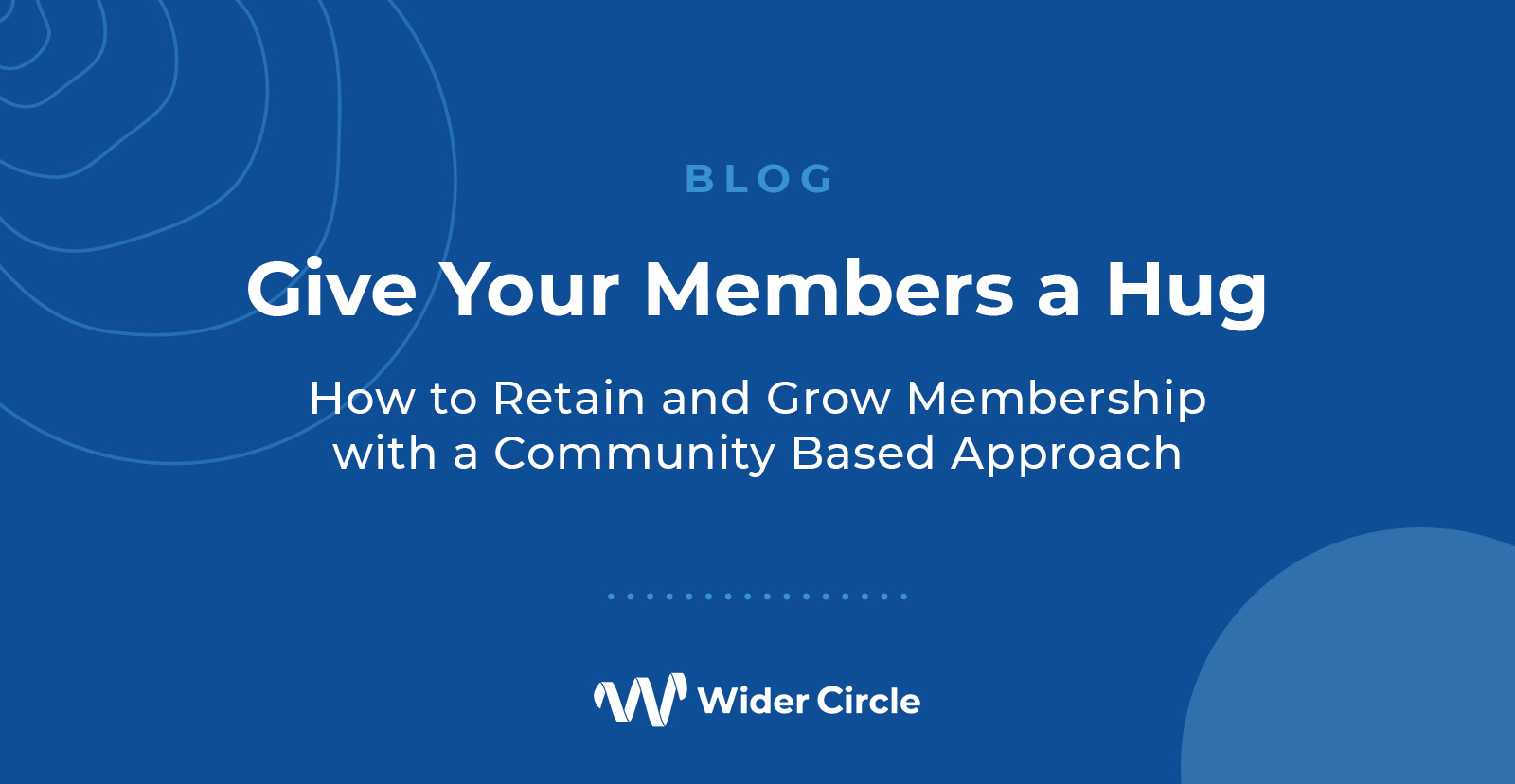
While millions of Americans fight the economic hardship brought on by coronavirus, professional scam artists are cashing in on the pandemic in record numbers. According to a 2019 Federal Trade Commission survey, there are over 40 million victims of fraud, about 16 percent of the population, across the US. Fueled by a booming industry of corporate style recruiting programs, aspiring con artists of all ages and socio-economic backgrounds are shaped into masterful communicators, talented actors, artful listeners, and believable, empathetic characters. The onset of the COVID-19 pandemic has only made the problem worse, creating new avenues for scammers to prey upon vulnerable individuals who can quickly fall victim to a well-woven tale.
The issue of fraudulent scams hits close to home, too. Early last month, one of my Wider Circle community care group members, Dolores, received a frantic phone call from a familiar sounding voice — a nephew in New York who had allegedly contacted the coronavirus and was hospitalized. He claimed that he required a ventilator and anticipated a long-term stay at the facility, clinical resources that weren’t covered by his extremely high insurance deductible of $6,500. Could she help? Dolores was swift to offer financial support but before taking action, she luckily ran the scenario by me as a trusted friend from her Wider Circle chapter meetings. I recognized the early stages of today’s classic con artist: manipulating a victim’s emotions, luring them in with ready and logical answers, and appealing to their emotions with sympathy and persuasion and was thankfully able to intervene. But many victims are not so fortunate.
Scam artists like to exploit our most common vulnerabilities, such as our self-confidence, fear, loneliness, and financial instability, making senior citizens among the most vulnerable of all — especially during the COVID-19 pandemic which has heightened the loneliness and isolation older adults face. Read below to learn about common scams affecting our seniors, and please share with your loved ones so they know what to look out for.
2020’S TOP SIX COVID-19 SCAMS
1. A new generation of grandparent scams
A new twist on grandparent scams involves an unprecedented level of urgency. Fraudsters pose as a grandchild or other younger relative in grave danger and in immediate need of money. They are in jail for a supposed “crime”, in the hospital about to be transferred to the ICU, stuck in a foreign country, or even taken by dangerous criminals. They could also be exposed to COVID-19 in these made-up scenarios. The scam artists exploit the love seniors have for their family members, using emotion to steer the conversation and, ultimately, take all of their money. Don’t let yourself or your loved ones fall for this cruel and clever scam. One of the best ways to catch them in the act is to ask a question only your grandchild would know. Like a favorite pet’s name.
Learn more: https://www.consumer.ftc.gov/blog/2020/04/grandparent-scams-age-coronavirus
2. Looking forward to your coronavirus relief check? Scammers are too.
This scam takes a lot of different shapes, but essentially boils down to fraudsters trying to convince you, in one way or another, that you must either pay a fee to get your stimulus check or that they are entitled to it. Just remember that the government will never call you or email you about your stimulus check. They will contact you via US mail. Any phone call, text message, or email from the IRS or Social Security Administration is a red flag — don’t engage, ever.
Learn more: https://www.consumer.ftc.gov/blog/2020/06/irs-wont-call-about-your-stimulus-money
3. Help COVID-19 contact tracers, not scammers
Contact tracers play a critical role in flattening the curve and helping us recover from this pandemic by working for the State Health Departments to track down people exposed to coronavirus. With all the good that contact tracers are doing, scammers are undermining their work, posing as public health officials and calling victims with false alerts. They will say you’ve been exposed, ask for your personal information, and even claim you must pay for home testing kits. If you think you’ve been contacted by a fake contact tracer, hang up and call your State Health Department right away.
Learn more: https://www.consumer.ftc.gov/blog/2020/06/help-covid-19-contact-tracers-not-scammers
4. Stimulus checks are for you, not your nursing home or assisted living facility
Do you or someone you love live in a nursing home or assisted living facility? They should not be asking for Medicare and/or Medicaid stimulus payments intended for residents. Often these scammers will pose as a representative from your facility and instruct you to sign your stimulus check over to them. The FTC states that stimulus checks are, according to the CARES Act, a tax credit, which means that the government can’t seize them. So nursing homes and assisted living facilities can’t take that money from their residents just because they’re on Medicaid. If you have fallen victim to this scam, get in touch with your state attorney general and ask them to help you get it back.
5. Scammers offer face masks but don’t deliver
Nearly all states require us to wear face masks while out in public and counties country-wide are beginning to issue fines for not wearing one. As demand for masks spikes, those on a low budget are left looking for cheaper alternatives to traditional suppliers. Many of the seniors in my Wider Circle community group found “great deals” for masks and toilet paper online, only to wait weeks and not receive anything. I looked into it and discovered that hundreds of people, including health care workers, have filed similar complaints with the FTC and other places. Most people said the scammers took their money and then ghosted them by cutting off all contact, refusing to answer questions, or closing or deactivating their online stores.
A helpful tip: before purchasing masks from a professional-looking website, do your homework. Google the company with the following terms, “review”, “complaint”, or “scam” to see what people are saying. If possible, pay with a credit card because you’ll have protections by federal law that allow you to get reimbursed for products you buy but never get.
Learn more: https://www.consumer.ftc.gov/blog/2020/04/scammers-offer-facemasks-dont-deliver
6. Fake COVID-19 treatments and cures
Most of us have a healthy fear of getting the coronavirus, and that’s a good thing. But during a pandemic, anxiety and emotions can sometimes take over logical decision-making. For example, when a very friendly ‘health professional’ calls offering new medicine that will boost your immune system or help cure the virus if you were to get it, you could end up paying a lot of money for a treatment that simply doesn’t work.
Learn more: https://www.consumer.ftc.gov/blog/2020/07/cracking-down-fake-covid-19-cures and https://oig.hhs.gov/coronavirus/fraud-alert-covid19.asp
As we slowly start to see groups like Wider Circle emerge to create long-term solutions that build the social connectedness, self-respect, and overall well-being of seniors in this country, we can all join in to help combat the barrage of COVID-19 scams hitting our phones, computers, and even front doors. If you’ve been the victim of a scam, share your story with others. The more we share and demystify these scams, the more people will learn to identify and prevent them.


